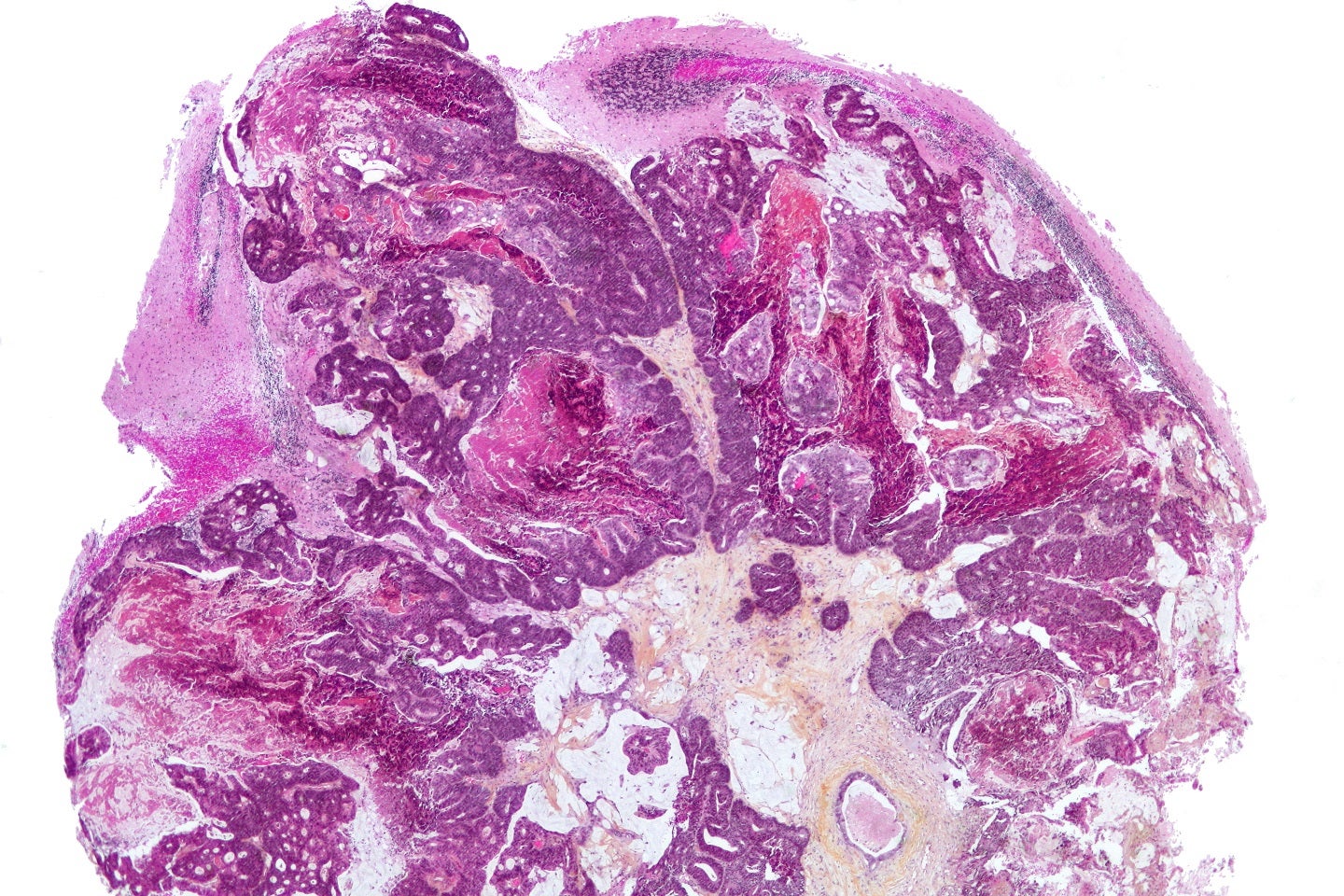
Elucida Oncology has reported positive initial safety results from a Phase l dose escalation study of ELU001 to treat patients with solid tumours that overexpress folate receptor alpha (FRα).
The results demonstrated a differentiated safety profile of ELU001 in these patients.

Discover B2B Marketing That Performs
Combine business intelligence and editorial excellence to reach engaged professionals across 36 leading media platforms.
They also showed no indication of interstitial lung disease, peripheral neuropathy, liver, kidney, cardiac or ocular adverse events to date.
Elucida plans to provide efficacy data from dose escalation and expansion trials this year.
The company also revealed new preclinical data that shows ELU001 could also be used to treat brain metastases.
ELU001 has around 20 molecules of the topoisomerase-1 inhibitor exatecan-linked through a proteolytic cleavable linker and approximately 13 folic acid molecules to target FRα-overexpressing cancers.

US Tariffs are shifting - will you react or anticipate?
Don’t let policy changes catch you off guard. Stay proactive with real-time data and expert analysis.
By GlobalDataElucida president and CEO Geno Germano said: “We are excited to present, for the first time, safety data from our ongoing Phase l clinical trial of ELU001, an FRα targeting C’Dot drug conjugate with an exatecan payload for the treatment of refractory solid tumours.
“The data highlights the differentiated safety profile, with avoidance of many of the normal tissue toxicities associated with antibody drug conjugates targeting FRα as well as those using a topoisomerase 1 payload.
“Our ultra-small CDCs are further differentiated from antibody drug conjugates by their ability to penetrate deep into solid tumours, delivery of high concentrations of drug payload, and binding to cancer cells with high avidity. In addition, the avoidance of uptake into healthy tissue and efficient renal elimination reduces the potential for off target toxicities.”





